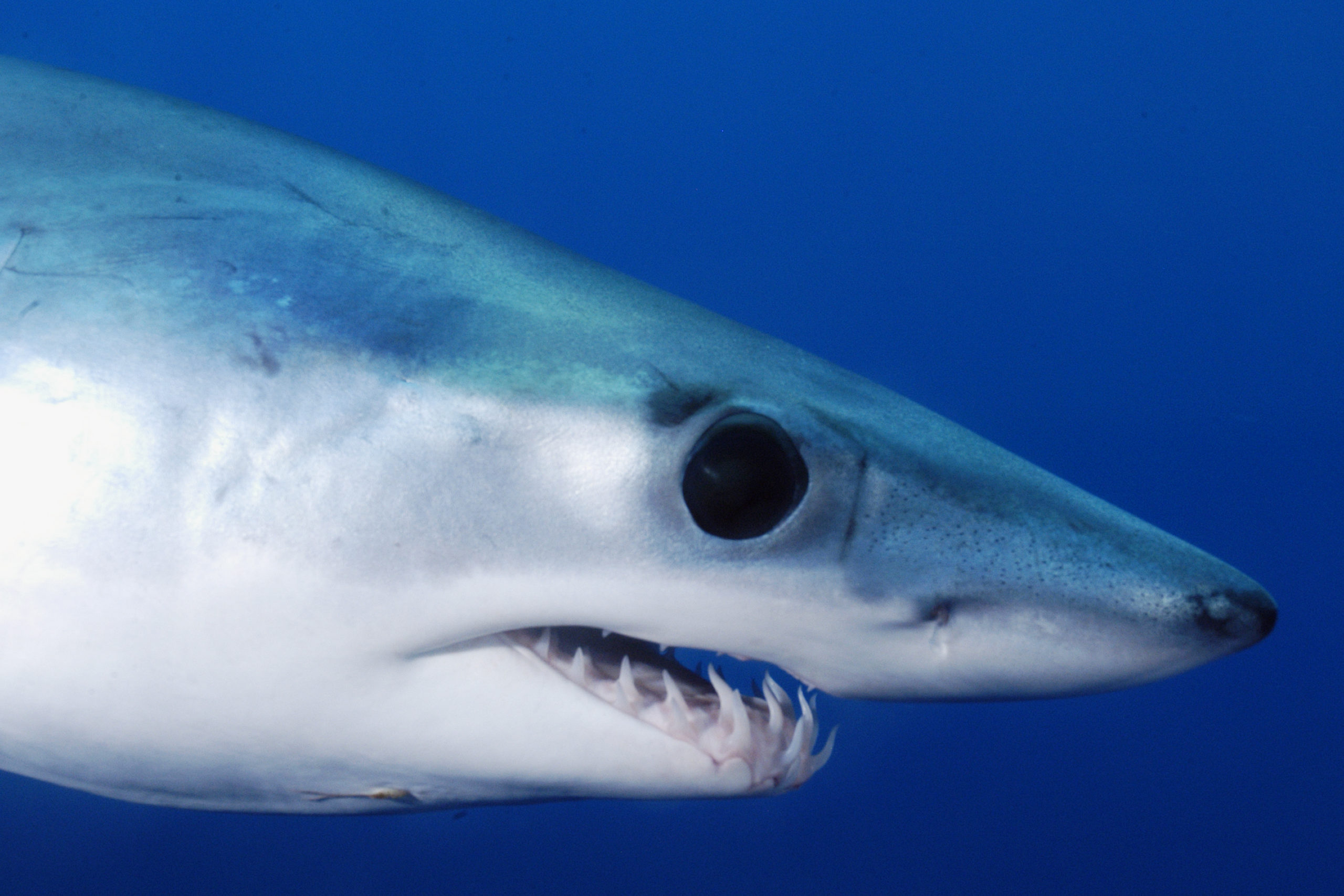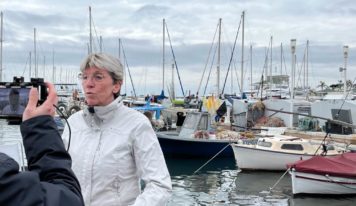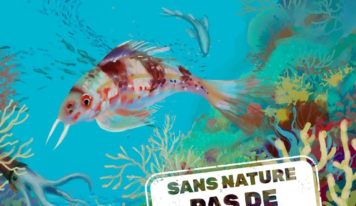Context
In 2021, the International Union for the Conservation of Nature (IUCN) updated its Red List and warned that 37% of shark and ray species are threatened with extinction due to overfishing. Shortfin mako sharks are those who are the most threatened both because of their high commercial value, vulnerability to overfishing, and very low reproductive rate. The species is endangered and at risk of complete collapse.
In May 2021, together with 40 MEPs, I wrote the Commissioner for the environment, oceans, and fisheries Virginijus Sinkevičius, asking the European Commission to support an immediate ICCAT prohibition on retention of North Atlantic shortfin makos, without exception, in line with advice from ICCAT scientists and EU CITES experts.
Fisheries management and conservation measures for mako sharks are decided at the regional level. Unfortunately, negotiations between States at the level of the International Commission for the Conservation of Atlantic Tunas (ICCAT) are not progressing.
In a nutshell : answer of the European Commission
A few months later after our joint letter, the EU commission is still opposing a full retention ban of shortfin mako shark, contrary to some States such as Canada, Gabon, the UK or Senegal.
The European Commission thinks that a retention ban “would be an over-simplistic and ineffective approach” and supports other measures (a ban on retention of all sharks caught alive, an overall catch limit of 500 tonnes, bycatch mitigation measures…).
According to the European Commission, why does a retention ban would be an “over-simplistic and ineffective approach”?
- In essence, the Commission states that “such an approach [a full ban retention] fails to address the core issue, namely the need to reduce mortality of incidental catches of SMA when targeting other species […] One of the main arguments proposed by the proponents of a retention ban concerns the alleged existence of an incentive for fishermen to target these sharks because of their high value”
- The Commission “continue to believe that while a retention ban would send a message that there is no longer a problem, there would be no conservation value in discarding fish which are already dead.”
- It argues that : “In its 2019 report, SCRS set out a number of conclusions based on the projections it had prepared on a range of TAC scenarios. These projections established that TACs of 700 t, 500 t and 300 t would also stop overfishing immediately and contribute to the rebuilding, and therefore that a zero TAC is not the only option that would satisfy the ICCAT Convention and CFP objectives.”
What does the Europe Commission propose ?
- The Commission believes that “the urgent conservation needs for SMA require that no fish should be deliberately killed”. This is why the EU proposed “a ban on retention of all sharks caught alive”.
- an overall catch limit of 500 tonnes, “which according to the advice from SCRS would end overfishing within a year”
- By proposing a ban on retention of all fish caught alive, the Commissioner argues “that reducing mortality will require a more holistic approach, including the avoidance by the fleets of areas of known concentration of these sharks, and when catches cannot be avoided, a substantial improvement of the manual handling of these fish in order to boost their post release survival.”
The European Commission must change its position!
From my side, I disagree with the Commission’s argument and still stand in favor of a real and clear protection of the shortfin mako shark : a full retention ban without exception, in addition to complementary useful measures such as safe handling measures, increased observer coverage, or technical changes of fishing gears.
The Commissioner assumes that Shortfin Mako Sharks are only captured incidentally. However, it appears that vessels flying flags of EU Member States are catching and keeping on board excessive numbers of juvenile mako sharks, which are then sold for their meat and fins.
Contrary to the measure proposed by the Commission – prohibiting the retention of all sharks caught alive – we believe that adopting a retention ban would send a clear message to fishers on the risks for this key species and marine ecosystems.
Unfortunately, ending overfishing immediately does not mean that the Mako stock will recover immediately. Mako sharks have very low reproductive rates with vulnerable biological characteristics, which means that rebuilding the population will take decades. According to the most recent ICCAT advice, a TAC of 500t/year, as proposed by the Commission, would allow with a probability of only 52% a recovery of the stock by 2070!
The final EU position is being defined this autumn ahead of the next ICCAT Commission meeting (15-22 November 2021). I am following the discussions closely and look forward to continuing to have constructive exchanges with the European Commission and different member states.
2021 is the year of biodiversity: we must follow the science and #MakeOrBreak4Makos
Read the answer from Commissioner Sinkevičius (6/07/2021):
Reply letter from the commissioner
Photo : © Charles Hood


















